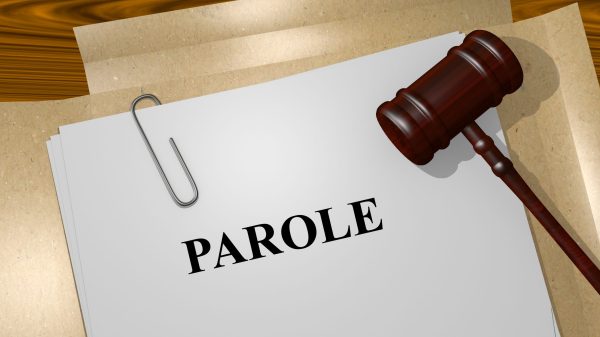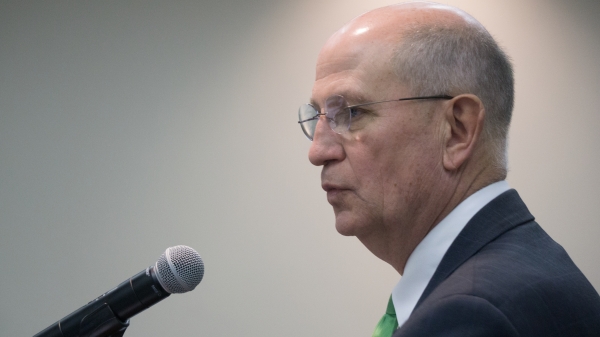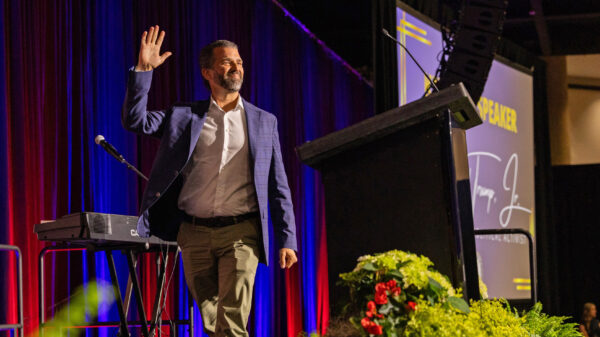The Earth Day Network has launched its 2019 campaign, “Protect Our Species.”
Earth Day Network is the organization that leads Earth Day events worldwide.
This year’s campaign identifies protecting the U.S. Endangered Species Act and the Migratory Bird Treaty Act as top priorities.
The group, along with its thousands of partners, say 2019 is a crucial year to advance and protect laws, policies, regulations and international cooperation agreements for species protection from threatened rollbacks.
“The good news is that the rate of extinctions can still be slowed, and many of our declining, threatened and endangered species can still recover if we work together now to build a united global movement of consumers, voters, educators, faith leaders and scientists to demand immediate action,” said Kathleen Rogers, Earth Day Network president.
Scientists believe the world is facing its sixth mass extinction event, perhaps at the greatest rate of extinction since the dinosaurs went extinct $60 million years ago. This one is different, they say, because it is the result of human activity.
That’s where this year’s theme came from.
It grew out of the recognition that human activities — from climate change, deforestation and habitat loss to trafficking, poaching, unsustainable agriculture, pollution and pesticides — are the leading causes of what Elizabeth Kolbert calls the Sixth Extinction.
“Many species will disappear before we learn about them or the benefits they bring to our eco-systems and our planet,” the Earth Day Network said. “The loss is so great that the welfare and future of the human species are threatened.”
Scientific studies estimate that the Earth is losing species at 1,000 to 10,000 times the normal rate.
Insect populations have decreased by more than 45 percent worldwide. Forty percent of the world’s bird species are in decline, and beekeepers report annual hive losses of 30 percent or higher.
“We must educate and mobilize on a global level if we are to protect our species. If we do not act now,” notes Rogers, “the Sixth Extinction may be our own.”

















































